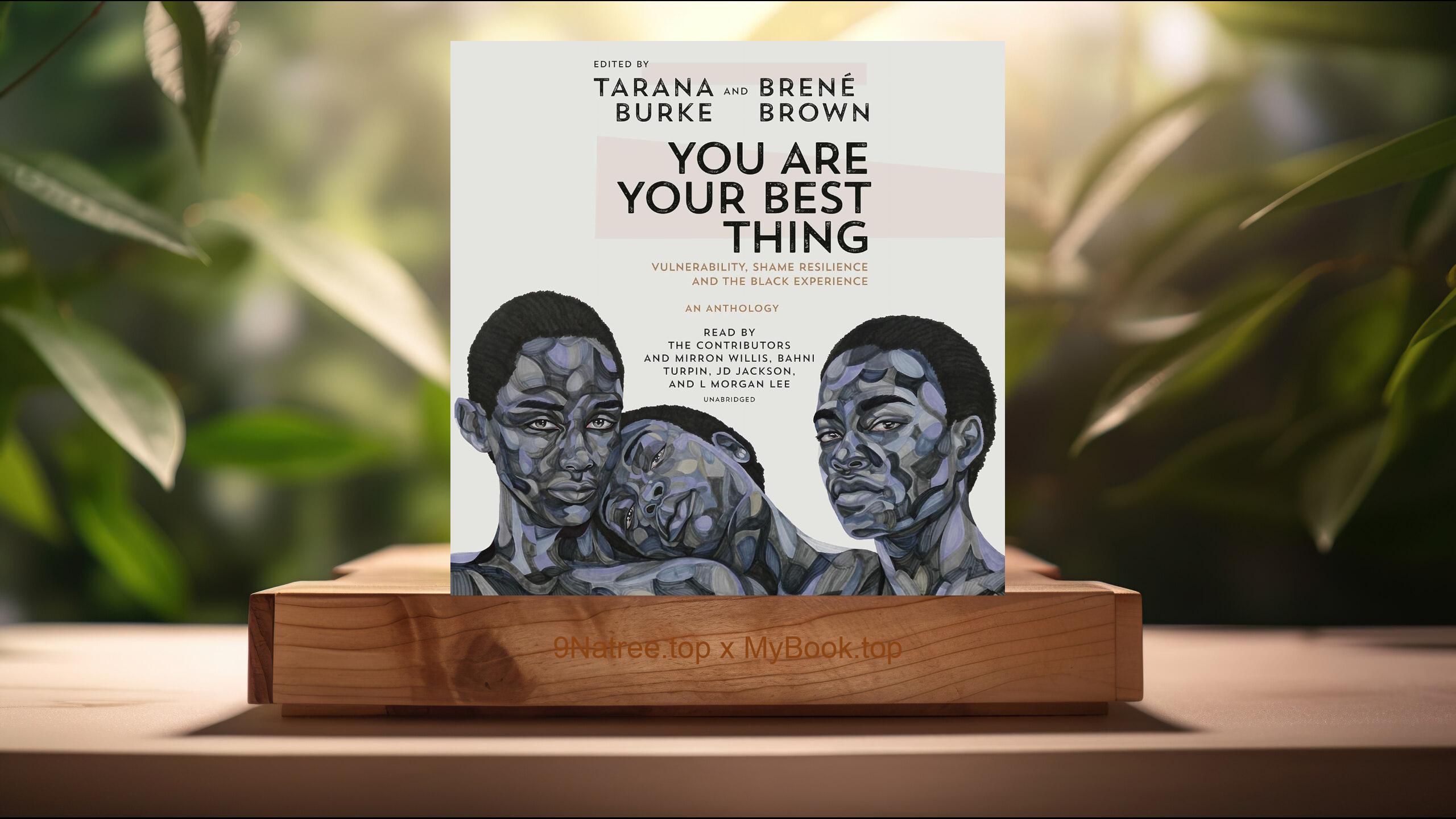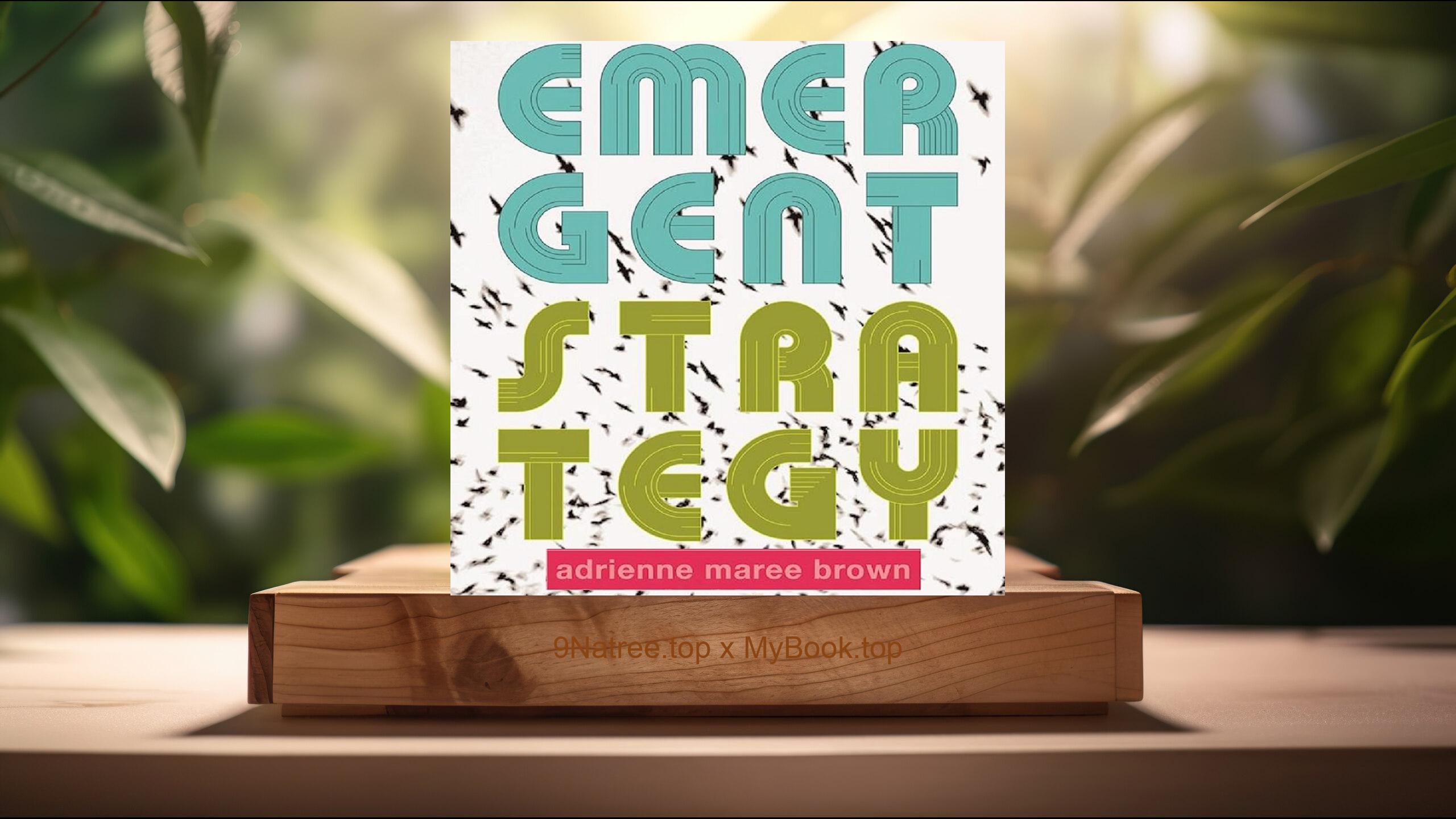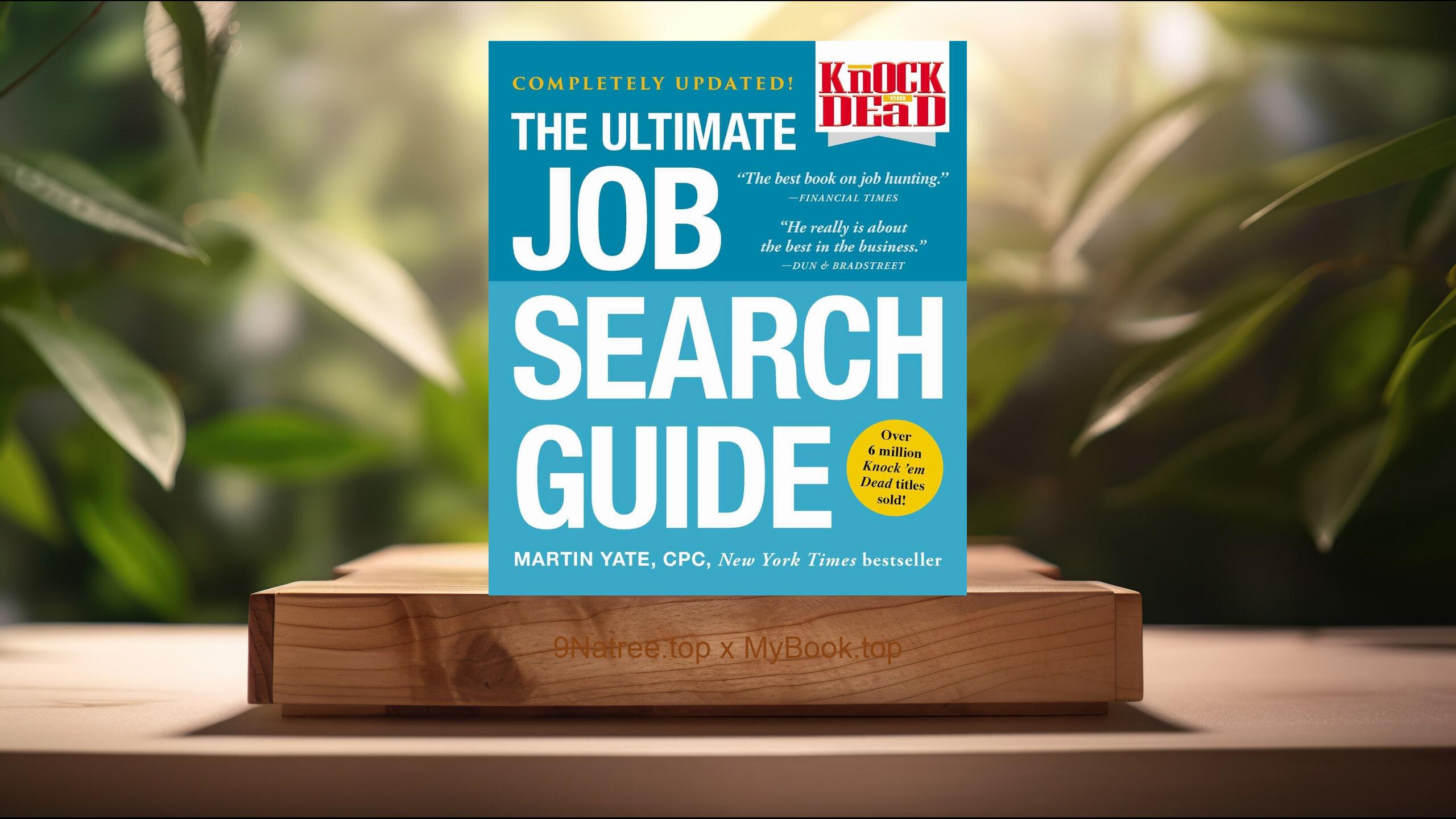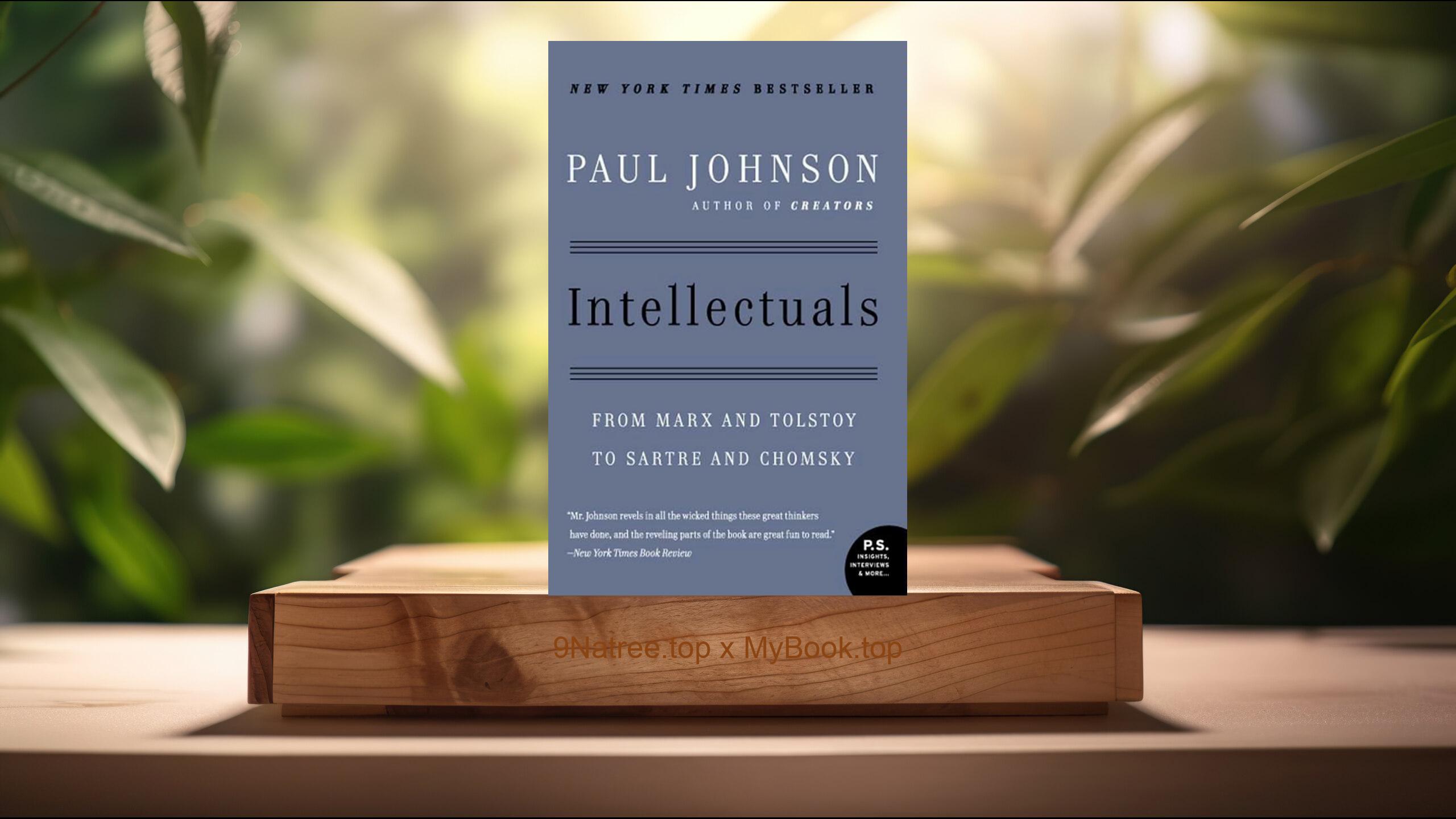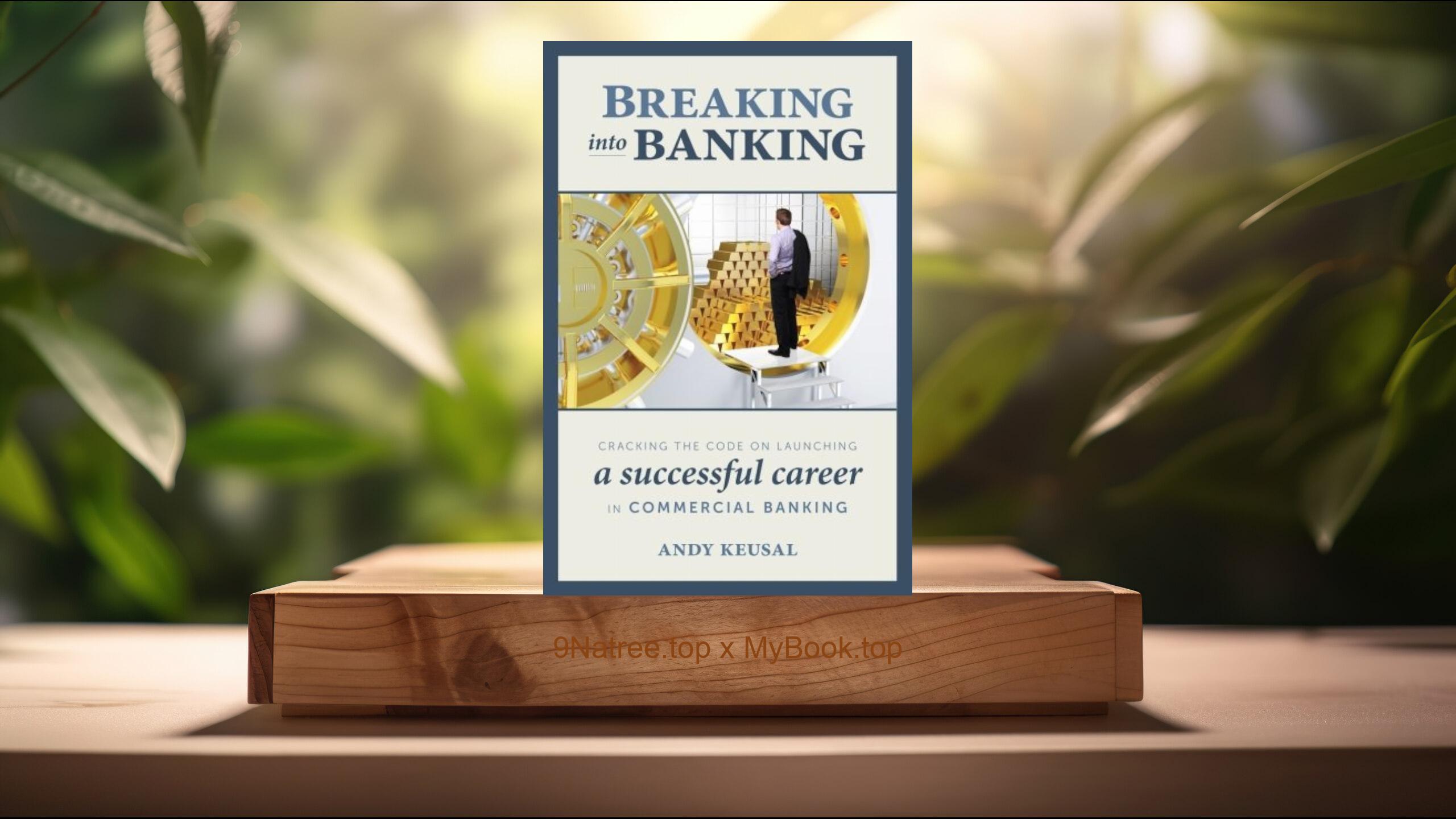Show Notes
- Amazon USA Store: https://www.amazon.com/dp/B01D0I6P6G?tag=9natree-20
- Amazon Worldwide Store: https://global.buys.trade/But-What-If-We-re-Wrong-Chuck-Klosterman.html
- Apple Books: https://books.apple.com/us/audiobook/but-what-if-were-wrong-thinking-about-the-present-as/id1416907896?itsct=books_box_link&itscg=30200&ls=1&at=1001l3bAw&ct=9natree
- eBay: https://www.ebay.com/sch/i.html?_nkw=But+What+If+We+re+Wrong+Chuck+Klosterman+&mkcid=1&mkrid=711-53200-19255-0&siteid=0&campid=5339060787&customid=9natree&toolid=10001&mkevt=1
- Read more: https://mybook.top/read/B01D0I6P6G/
#Culturalstudies #Philosophicalskepticism #Futurethinking #Scientificparadigms #Culturalpreservation #ButWhatIfWereWrong
These are takeaways from this book.
Firstly, The Illusion of Certainty, A central theme in Klosterman's book is the exploration of the fallibility of certainty. He argues that much of what we consider to be incontrovertible might be upended by future discoveries or shifts in societal attitudes. Through various examples spanning from gravity to rock music, Klosterman demonstrates that certainty is often an illusion, shaped by temporal contexts. This theme challenges readers to reflect on how future societies will view our current scientific, cultural, and philosophical certainties. Klosterman's discourse on the illusion of certainty encourages a mindset of openness and curiosity about the limitations and potential expansiveness of human knowledge.
Secondly, Impact of Future Thinking, Klosterman delves into the concept of presentism—viewing historical and future events from the perspective of present-day values and knowledge. He argues that this mental framework limits our understanding and prevents us from genuinely appreciating the past or imagining the future. By speculating about the potentially incorrect assumptions we hold today, Klosterman not only illuminates biases in our current thinking but also underscores the importance of incorporating long-term thinking in our decision-making processes. This discussion is vital in areas like environmental policy, technological innovation, and social justice, where future-oriented thinking can lead to more sustainable and equitable outcomes.
Thirdly, Cultural Lifespan and Forgetfulness, Klosterman addresses the transient nature of fame and cultural relevance, questioning which parts of our culture will be remembered or forgotten. He explores the mechanisms of cultural memory and oblivion, pondering whether today's celebrated artists and intellectuals will retain their status in the future. Through an analysis of figures like Shakespeare and The Beatles, he discusses the randomness and selectivity of cultural preservation. This inquiry is crucial for understanding the factors that might influence which elements of our culture will stand the test of time and continue to shape future generations.
Fourthly, Science and Changing Paradigms, The book critically examines the evolving nature of scientific truths. Klosterman integrates insights from Kuhn's theory of scientific revolutions—pointing out that science is subject to paradigm shifts that can drastically alter our understanding of fundamental concepts. By discussing topics like quantum physics and neuroscience, Klosterman illustrates that what we perceive as scientific truth is often an interim consensus, subject to change as new evidence emerges or old methodologies are discarded. This perspective helps readers grasp the provisional nature of science and the ongoing human endeavor to understand the universe.
Lastly, Philosophical Inquiry into Reality, Klosterman engages with deep philosophical questions about the nature of reality and our perception of it. He touches on philosophical skepticism, asking if we can ever truly know the nature of reality or if what we perceive is merely an approximation shaped by human senses and cultures. This philosophical inquiry invites readers to question their perceptions and beliefs, fostering a more inquisitive and perhaps a more humble approach to the knowledge claims we make about the world around us.
![[Review] But What If We're Wrong? (Chuck Klosterman) Summarized](https://episodes.castos.com/660078c6833215-59505987/images/2016465/c1a-085k3-25n4kwpnbjk-nkulbr.jpg)
